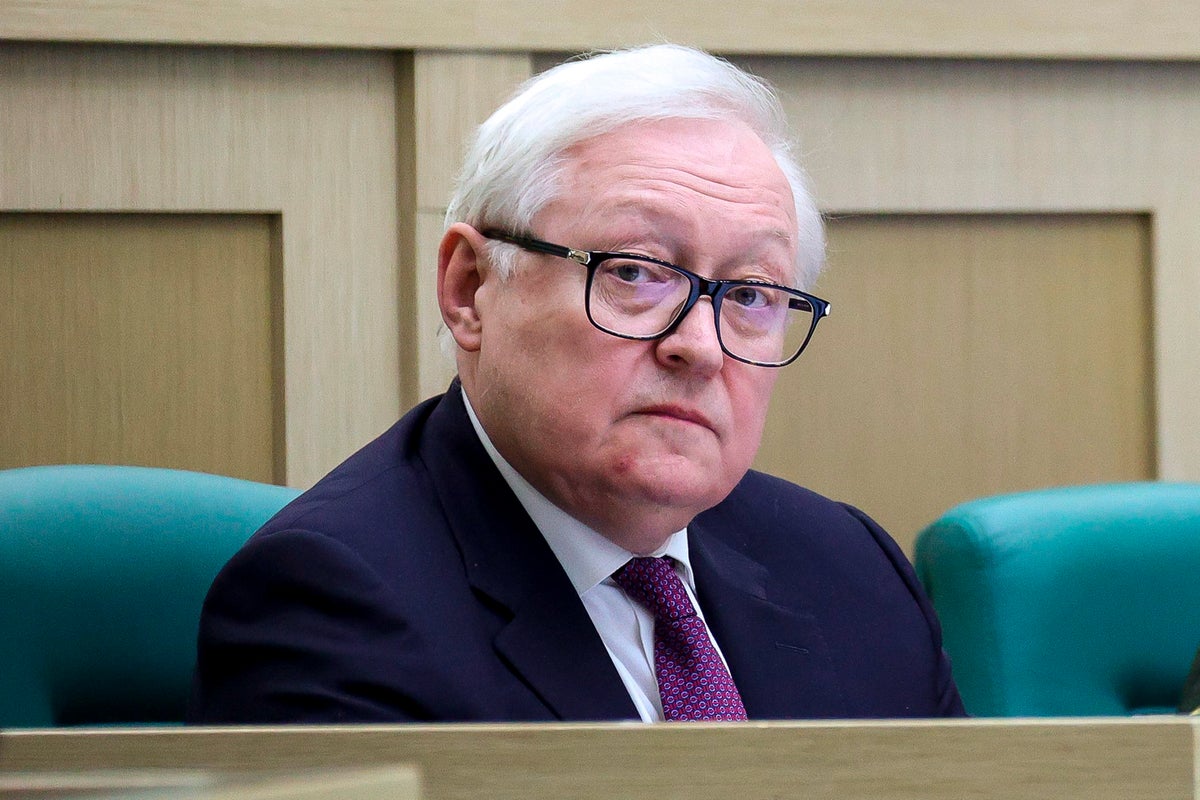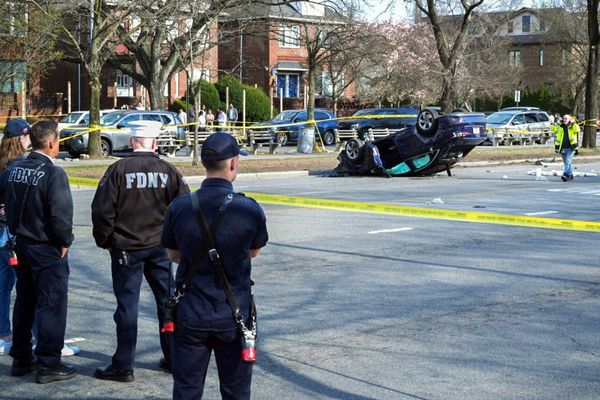
Russia will move to revoke the ratification of a global nuclear test ban to put itself on par with the United States but will only resume nuclear tests if Washington does it first, a senior Russian diplomat said Tuesday.
Deputy Foreign Minister Sergei Ryabkov told reporters that Moscow will rescind the ratification of the nuclear test ban treaty to “mirror” the action by the U.S. He added that if the U.S. conducts a nuclear test, “we will be forced to mirror that as well.”
The Comprehensive Nuclear Test Ban Treaty, adopted in 1996 and known as the CTBT, bans all nuclear explosions anywhere in the world, although it has never fully entered into force. It was signed by both the Russian and U.S. presidents but was never ratified by the U.S.
Last week, Russian President Vladimir Putin warned that Moscow could consider rescinding its 2000 decision to ratify the bill. Putin noted that while some experts have talked about the need to conduct nuclear tests, he hasn’t yet formed an opinion on the issue.
There are widespread concerns that Russia could move to resume nuclear tests to try to discourage the West from continuing to offer military support to Ukraine. Many Russian hawks have spoken in favor of resumption.
The speaker of the Russian parliament's lower house, the State Duma, has said that lawmakers will move to rescind ratification of the nuclear test ban. The chamber's agenda-setting council on Monday gave the foreign affairs committee 10 days to prepare the issue for the house to consider.
Ryabkov charged that the U.S. “believed that we will keep turning a blind eye” to its failure to ratify the pact, adding that “we hope that Washington will get the signal.”
“We believe that the 23 years that we have been waiting for something to change in Washington in terms of ratification are quite a sufficient time for this step to be made,” he said. “Regrettably, no indications that the U.S. is going to follow this path are visible, and so we have no choice but to balance our position.”
He pointed out at Putin’s earlier order to make the country's nuclear testing range ready for resuming tests, emphasizing that “the resumption of tests is possible if the U.S. conducts a test.”







